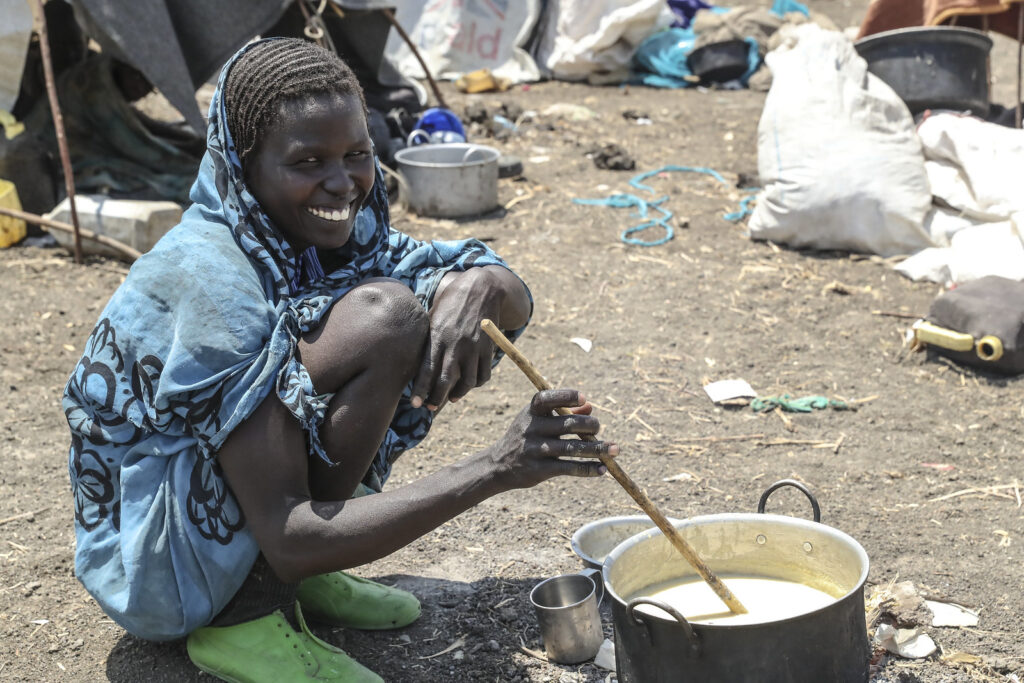A new United Nations report is accusing both government and opposition forces in Western Bahr el Ghazal, Jonglei, and Central Equatoria states of using starvation as a weapon of war between 2017 and 2018.
Yasmin Sooka, the UN Human Rights Commission chair noted in the report that the humanitarian needs in the three states were ‘directly linked to conflict and therefore entirely human-induced.’
"It is quite clear that both Government and opposition forces have deliberately used the starvation of civilians as a method of warfare in these States, sometimes as an instrument to punish non-aligning communities, as in the case of Jonglei," Sooka said.
The report released on Tuesday further documents that between January 2017 and November 2018, government forces intentionally deprived Fertit and Luo communities in rebel-controlled areas in Western Bahr el Ghazal State of critical resources as collective punishment and starvation as a method of warfare.
The report also stated that government commanders also authorized their soldiers to reward themselves by looting livelihoods of rural populations.
"Sustained attacks were carried out against numerous towns and villages across Western Bahr el Ghazal State over a number of years, which resulted in significant numbers of deaths, rapes, and the destruction, arson, and looting of properties," said Commissioner Andrew Clapham.
"The resultant food insecurity compounded the physical insecurity, leaving civilians with no alternative but to flee. These violations formed part of a widespread or systematic attack directed against the civilian population in Western Bahr el Ghazal, and can amount to crimes against humanity," he added.
The commission also released another report on transitional justice and accountability as a roadmap to energize the implementation of the key aspects of the Revitalised Peace Agreement for South Sudan's transition.
"Without the timely implementation of an inclusive and holistic transitional justice process, as envisioned in the Peace Agreement, sustainable peace for South Sudan will remain elusive," said Commissioner Barney Afako.




